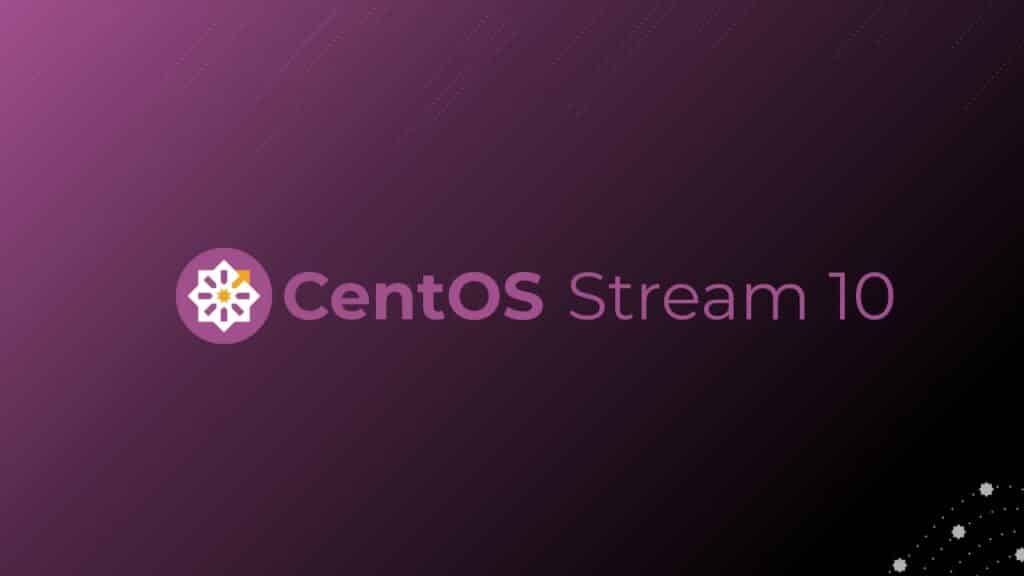The CentOS Project, renowned for its role in defining enterprise Linux, has officially announced the general availability of CentOS Stream 10, codenamed “Coughlan.” This new release marks a significant milestone in Linux distribution development, bridging the gap between the open-source community and Red Hat Enterprise Linux (RHEL)‘s enterprise-grade version.
What is CentOS Stream?
CentOS Stream is a Linux distribution developed by RHEL engineers. It serves as the upstream branch for RHEL’s minor versions, used by enterprise customers and Special Interest Groups (SIGs) seeking a reliable foundation for tailored solutions.
With an approximate five-year lifecycle, CentOS Stream 10 will be maintained until 2030, depending on the conclusion of RHEL 10’s full support phase. It also acts as a preview for RHEL customers, showcasing upcoming features.

Highlights of CentOS Stream 10
The latest version includes several significant updates, enhancing functionality and adaptability. Key features include:
- Linux Kernel 6.12
- Python 3.12
- Go 1.23
- Rust 1.82
- Valkey 7.2
- GNOME 47
These improvements reinforce CentOS Stream’s commitment to innovation and stability, making it a trusted choice for developers and enterprises alike.
Contributing to RHEL’s Future
One of CentOS Stream’s core principles is its open development process, enabling users to actively shape the future of RHEL. However, some contributions may need to go further upstream, such as to Fedora, to be included in future major versions.
Getting Started
To start using CentOS Stream 10, users can download the ISO image from the official project website or run the following command:
podman run -it --rm centos:stream10This allows users to launch an interactive shell within a container running CentOS Stream 10 on any current Linux distribution.
With this release, CentOS Stream solidifies its position as a critical tool for the Linux community and enterprises seeking robust, future-ready open-source solutions.

